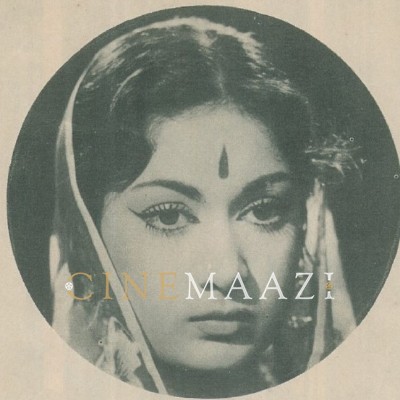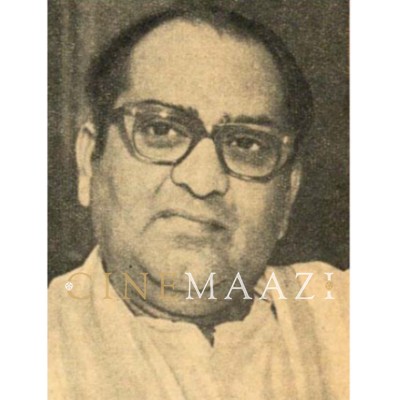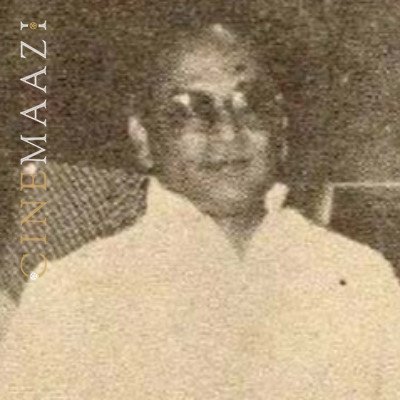This section is for paid subscribers only. Our subscription is only $3700/- for one full year.
You get unlimited access to all paid section and features on the website with this subscription.
Subscribe to read full article
This section is for paid subscribers only. Our subscription is only $37/- for one full year.
You get unlimited access to all paid section and features on the website with this subscription.
Not ready for a full subscription?
You can access this article for $2, and have it saved to your account for one year.
- Release Date11/09/1953; 26/06/1953
- GenreRomance, Drama, Tragedy
- FormatB-W
- LanguageTamil, Telugu
- Run Time176 min; 191 min
- Length5260 meters; 5253.53 meters
- Gauge35 mm
- Censor RatingU
- Certificate Date25/06/1953
Devadas (A. Nageswara Rao) is the son of a Zamindar (landlord S.V. Ranga Rao). Their neighbor is Parvathi (Savithri). Devadas and Parvathi are inseparable childhood friends and the entire neighborhood is aware of their mutual love. Devadas goes to a city for higher studies; when he returns after a few years, Parvathi’s father approaches the Zamindar proposing the wedding of Devadas and Parvathi. The Zamindar insults him and throws him out, citing differences in social and economic status.
To prove his point, Parvathi’s father arranges for her wedding with another Zamindar (who is her father’s age) as his second wife. Parvathi pleads with Devadas to find a way out so that they can marry. Devadas tries to convince his father, who threatens to commit suicide if Devadas does not follow his advice; so Devadas gives up and Parvathi is forcibly married to the old Zamindar. Parvathi moves to her husband’s home in another town. Her stepson is of her age but gives her the respect of a mother. Though everyone at the new house gives her respect, she is constantly worried about Devadas and does not lead a normal life there.
A depressed Devadas, unable to cope with the separation, becomes an alcoholic and distances from his family. A golden-hearted prostitute Chandramukhi (Lalitha) befriends him and tries to make him forget his past and love for Parvathi. Despite her support, Devadasis unable to forget Parvathi. When Parvathi learns about his drinking, she meets him and pleads that he should lead a normal life. Devadas expresses his inability to forget her and promises to meet her before he dies. Devadas’ health worsens further and he takes the journey to meet Parvathi for the last time. He reaches her town but before he could find her, dies. Parvathi, coming to know of the death of Devadas, attempts to go out to see him. But, her husband and stepson prevent her from stepping out of the house; she collapses at the gate of her mansion and dies. The lovers unite in death.
One factor that sustains the popularity of this film to this day is the songs, eleven in number, all written by Udumalai Narayana Kavi. Songs like O...Devadas proved very popular. ‘Ulagay Mayam, Vazhve Mayam…’ remains an evergreen song. Other worthy songs: ‘Oh Parvati…’, ‘Ellam Mayai thana, Pedhai ennam yavum veena…’, ‘Thunindhapin Maname Thuyaram Kolladhey…’ and ‘Santhosham tharum savaari povom chalo chalo…’
However, C R Subbaraman, who composed the music, could not enjoy the fruits of his success and died before the film was released. The film was dedicated to his memory. The songs, however, dominated the visuals as the sequences were static. The film was shot mostly indoors at Narasu Studios, Madras.
Another factor that contributed to the film’s success was its casting. A Nageswara Rao as the tragic hero and Savithri as the innocent village girl in love with her childhood sweetheart were near perfect. This film was a remake of an earlier version made in 1937 which starred P V Rao - who also directed the film - and G R Rajayi in the lead roles. The film’s tragic ending was new to Tamil Cinema but it proved acceptable to film-goers. This story was later filmed in Telugu also, and a few years later in Hindi. All the versions were highly popular, making a film historian comment, ‘And virtually a generation wept over Devadas.’
[from the book Pride of Tamil Cinema: 1931 to 2013, by G Dhananjayan. Blue Ocean Publishers, 2014]
Cast
-
Savithri
Parvati
Crew
-
BannerVinodha Pictures
-
Director
-
Producer
-
Music Director
-
Lyricist
-
Story Writer
-
Screenplay
-
Dialogues
-
Cinematography
-
Editing
-
Art Director/Production Design
-
Costumes










.jpg)



